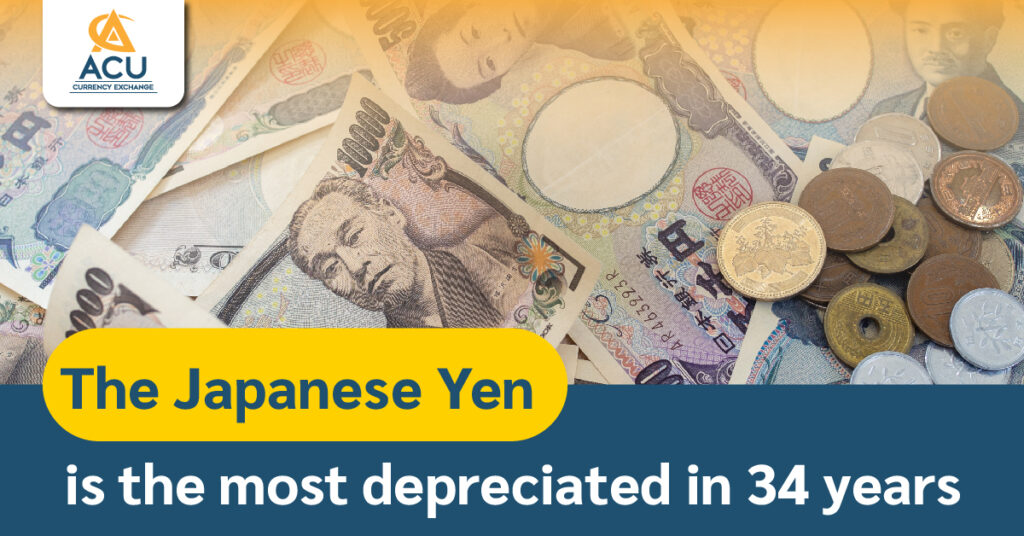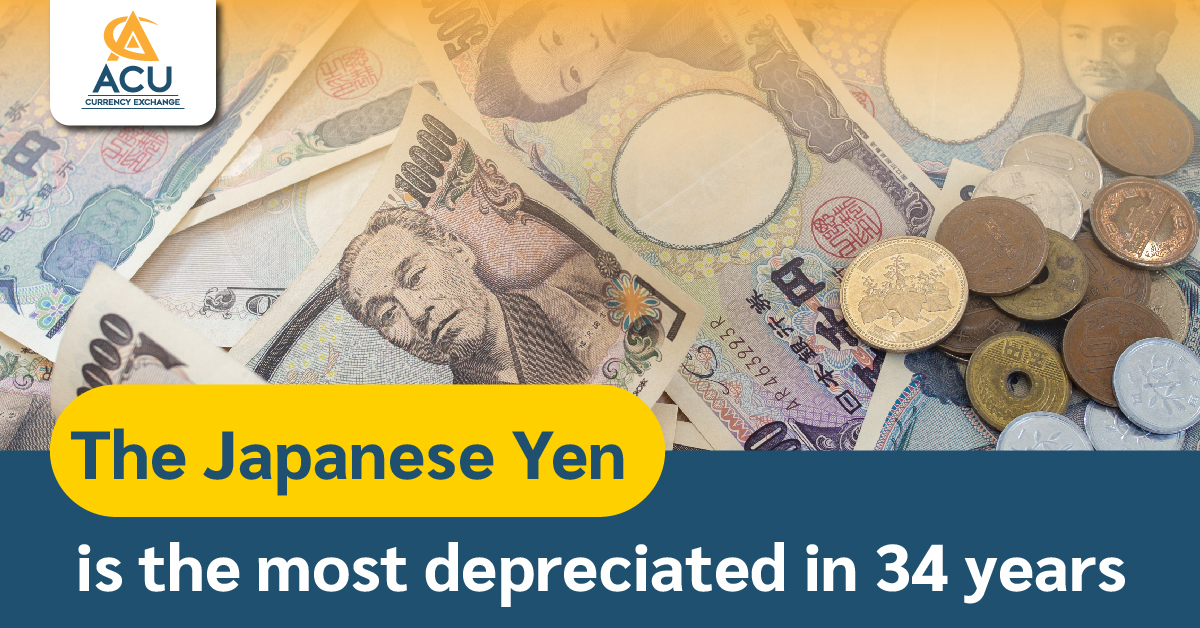Share article
The Japanese Yen is the most depreciated in 34 years

Content
CNBC reported
CNBC reported that the Yen continued to depreciate, although the Bank of Japan announced an end to its Negative Interest Rate Policy on March 19 which was the first change in eight years.
The Negative Interest Rate Policy is used when people have to pay to banks if they deposit money. This policy was used in many countries to encourage people to spend money instead of depositing it with banks. The policy was enacted in 2016 in Japan.
However, the Yen continued to depreciate as the BOJ pledged to continue its monetary easing policy for a while. Analysts forecast that investors still have reason to sell off the Yen because the spread between Japanese and US interest rates is not likely to decrease.
At the end of March, the yen depreciated to its lowest level in 34 years, reaching 151.975 yen against the U.S. dollar, and in the morning (1 April), the price was 151.315 yen.
Japan's Finance Minister Shunichi Suzuki
pointed out that the reason for the sharp depreciation of the Yen was caused by speculation in the currency market, but could not explain whether the Yen’s fall was due to the Japanese central bank’s policy change or not.
Bloomberg reported
In addition, Bloomberg reported that the continued depreciation of the Yen to a new level in 34 years could be a warning signal for the Japanese government to intervene in the exchange market, which had previously intervened at 151.95 yen per dollar in October 2023.
The depreciation is expected to be beneficial and disadvantageous for the Yen depreciation. For example, Japan’s exports because they make Japanese-made products less expensive when sold in overseas markets and increase the value of Yen’s income abroad. However, the depreciation of the Yen has made imported goods more expensive and affected the economy, as Japan relies on energy imports for more than 90 % of its energy demand.
Those interested in exchanging good-rated foreign currencies in Huai Kwang can come to exchange money easily with the ACU Currency Exchange. Simply visit Huai Kwang MRT Exit 4 and walk 500 meters straight to ACU Building Headquarters.
Exchange rates can be checked by
business day and time at https://acu-exchange.com/
or online booked at Line OA: https://lin.ee/ph4iznU
Open Every Monday – Friday from 10:00 a.m. to 5:00 p.m.
Address: 205/18 – 19 Ratchadaphisek Road, Ratchadaphisek Subdistrict, Din Daeng District, Bangkok 10400.
Tel: 02-0021008, 061-0283918, 084-3244893
References from
- Popular tags | depreciated, Japanese Yen
Share article
About the Author

ACU-Exchange
We are committed to providing the best foreign currency exchange experience and customer satisfaction to meet the needs of Thais who want to travel abroad and foreigners who come to continue their studies or work in Thailand.

